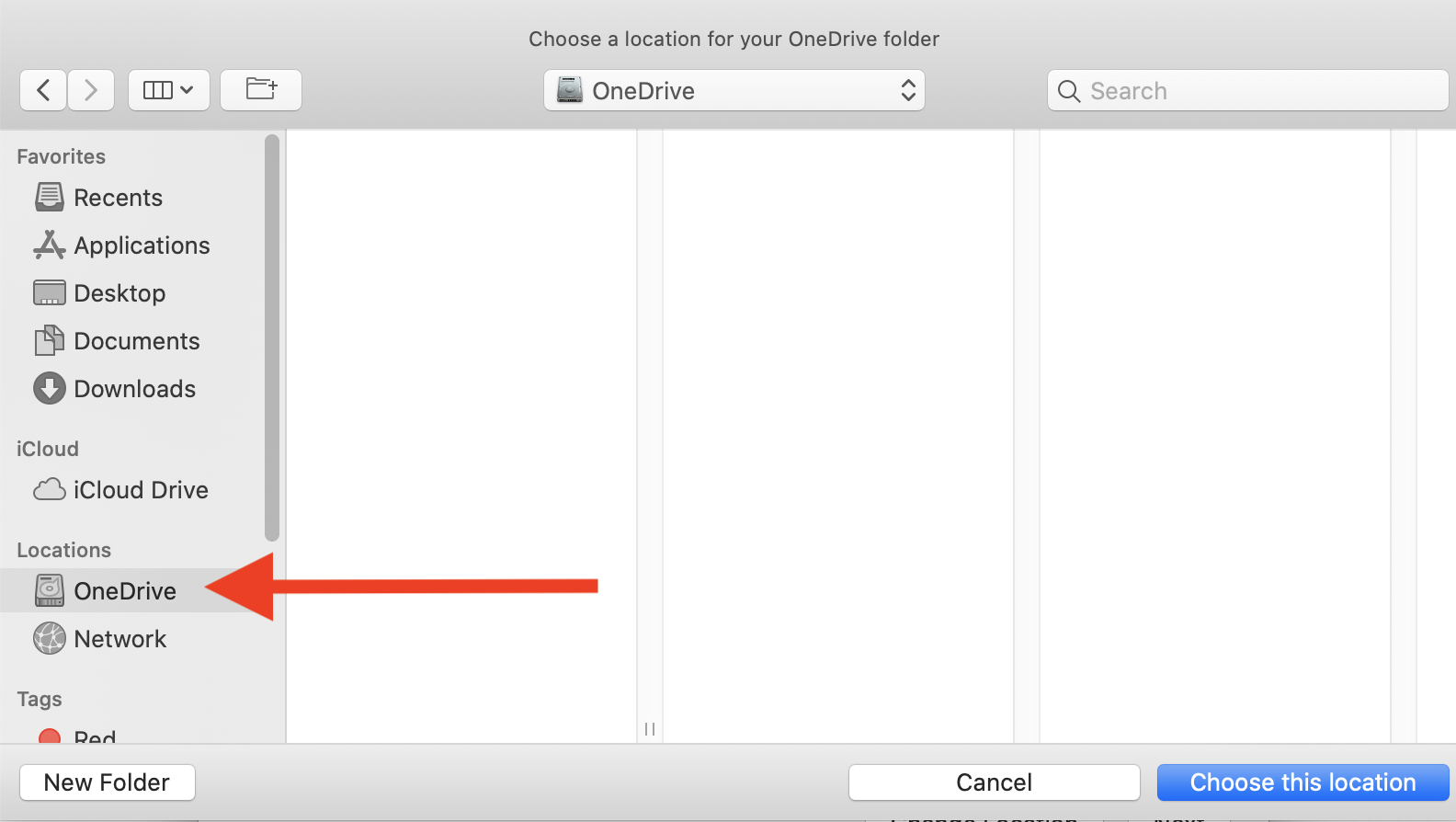

Selecting a region changes the language and/or content on. If permissions issues prevent the FlexNet licensing service from launching, accessing data, or communicating with Adobe processes, a licensing failure occurs.

FlexNet service licensing failures cannot be resolved by reinstalling the application or by using the Adobe CS5 Cleaner Tool. They can also be damaged through a Time Machine system restore. The FlexNet folders and files required to run Adobe applications can become corrupted or have permission problems if moved from one machine to another. See Error "Licensing for this product has expired" | CS4, CS5.
#FIX CASE SENSITIVE PROBLEM FOR MAC SERIAL NUMBER#
#FIX CASE SENSITIVE PROBLEM FOR MAC MAC OS X#
For example, this would happen on Mac OS X when using. If the application previously started successfully at least once, or if it has been in heavy use, the issue is likely related to a system resource. If set to 0 and the server is using a case-insensitive file system, the value is automatically set to 2.The hearing Adobe installation problem: case sensitive Volumes not. Or, the component requires a slightly different configuration for your system. It is the visible real disk (Mac HD) and it shows up as a logical partition. If the error occurs immediately after installation, a component likely requires updating to be compatible with your operating system.For example, this would usually happen on Linux, since it almost always uses a case-sensitive file system.Various issues can cause this error, including the following: aText Mac App Store version can no longer fully work on OS X 10.11 El Capitan and later because of new App Sandboxing. If set to 2 and the server is using a case-sensitive file system, the value is automatically set to 0. For example, this would happen on Mac OS X when using HFS+ or APFS, except when APFS is used in case-sensitive mode.

As noted in other answers, the problem needs to solved in the shell, not with an ls syntax. If the shell passes passes too few files to ls, theres nothing ls and sort can can to fix the situation. To ensure that the correct inbound action is. This answer does not address the specific question which wants to pass the files passed to ls to be treated as a case-insensitive. If set to 0 and the server is using a case-insensitive file system, the value is automatically set to 2. In later releases, the reply and forward prefixes perform case-insensitive comparisons. This value is rejected if the server is using a case-sensitive file system. I had this same issue and called LG and this fixed the problem: Turn off the TV. When set to 2, table names and database names are stored as declared, but they are compared in lowercase. We strongly advise you to make a backup of your data in case you need to. When set to 1 (the default on Windows), table names and database names are stored in lowercase and compared in a case-insensitive manner. When set to 0 (the default on Unix-based systems), table names, table aliases, and database names are compared in a case-sensitive manner. The lower_case_table_names system variable determines whether table names, table aliases, and database names are compared in a case-sensitive manner, and whether tablespace files are stored on disk in a case-sensitive manner.:


 0 kommentar(er)
0 kommentar(er)
